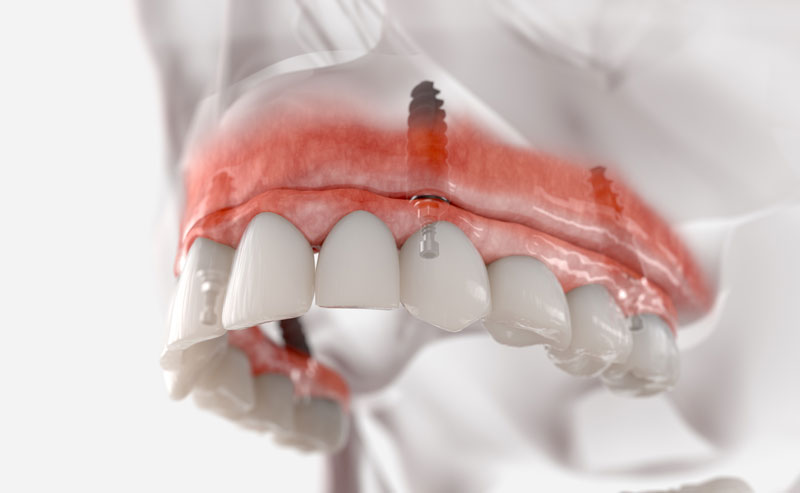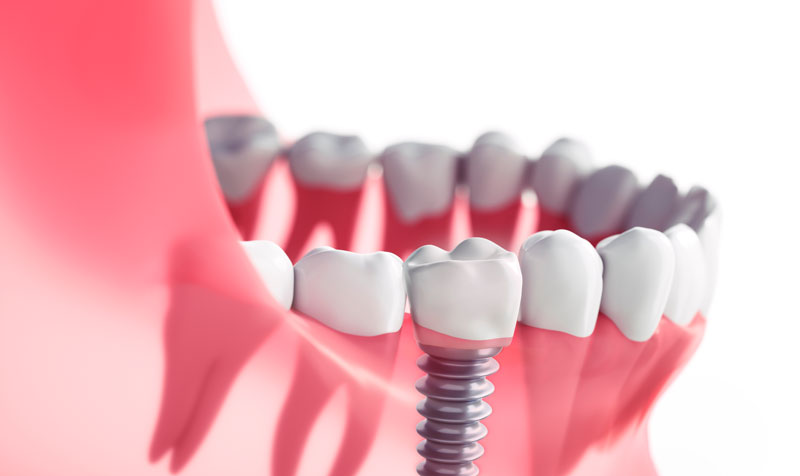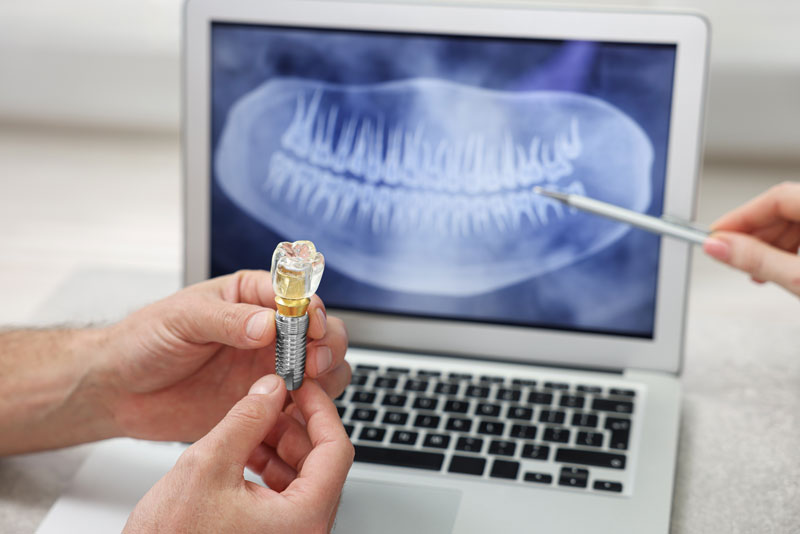Dental Blog - Las Vegas & Henderson, NV
Dental Blog

What Is Causing Your TMD?
TMD is an acronym for temporomandibular disorders. These are disorders that may affect your jaw muscles, nerves associated with chronic facial pain, and temporomandibular joints (TMJ). In other words, TMD could be anything that interferes with the normal functioning of the complex system of your facial muscles and joints. It can be classified as myofascial pain, internal derangement of some joints, or degenerative joint disease. Out of the three forms, myofascial pain is the most common. But you can have one or all of these conditions affecting you at the same time. So, what causes TMD?
Causes Of TMD
The real cause of the temporomandibular disorder remains unclear. But the most likely cause could be the excessive strain/pressure on your jaw joints or the muscle groups that control actions such as swallowing, chewing, and speech. The strain may be a result of bruxism or the habitual grinding or involuntary clenching of your teeth. Injury to your head, neck, or jaw can also lead to TMD. Jaw joint disk displacement and arthritis can also contribute to TMD pain. Cases such as painful health conditions (fibromyalgia) and irritable bowel syndrome may worsen TMD pain. Other factors that may put you at risk of developing chronic temporomandibular disorder include clinical, psychological, genetic, sensory, and nervous system.
Symptoms Of TMD
The symptoms may involve some discomfort to your jaws, soreness, headaches, pain behind your eyes, shoulder, face, back, neck, and frequent ringing in the ears. Others may include popping or clicking of the jaw, limited mouth motions, dizziness, grinding or clenching of your teeth, numbness, tooth sensitivity, and sudden change in the alignment of your lower and upper teeth. If you notice these changes in your body, you need to seek medical advice as soon as possible. Call us today or visit our office for advice on the best options to take.




